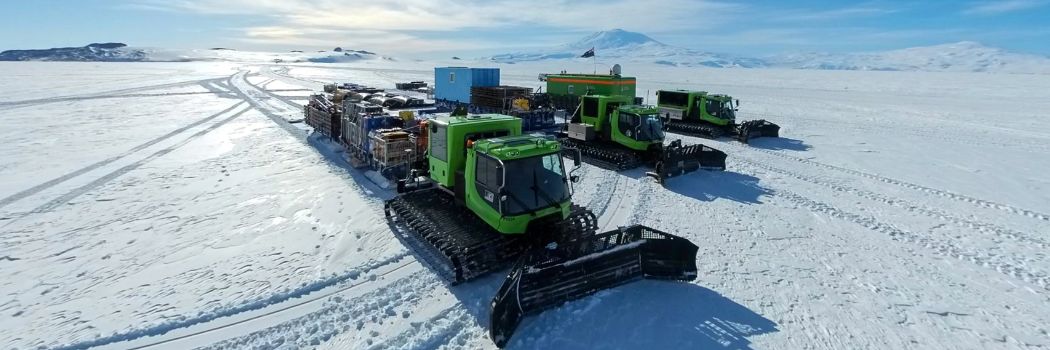
We're part of an international project pushing new boundaries to understand how the vulnerable West Antarctic Ice Sheet could respond to climate change.
SWAIS2C (Sensitivity of the West Antarctic Ice Sheet to 2°C) will look at how the ice sheet reacted to past warming to see what effect future temperature rises might have.
The project team has successfully drilled through 580 metres of ice and obtained the longest sediment core ever (1.92 metres) from the seabed below West Antarctica's remote Siple Coast.
Geological record
This is expected to provide researchers with a geological record stretching back hundreds of thousands, or potentially even millions, of years.
This means scientists could see what was happening in West Antarctica during the last interglacial period 125,000 years ago.
That's when Earth was around 1.5°C warmer than pre-industrial temperatures – similar to the temperatures we are approaching this year due to climate change.
Our role in SWAIS2C
Our role in SWAIS2C is led by Professor Mike Bentley in our Department of Geography.
Mike will analyse the sediment cores for tiny grains of sand that hold chemical clues to their history in the shape of cosmogenic isotopes.
If the West Antarctic Ice Sheet collapsed when temperatures warmed in the past, then this will have exposed various mountains from under the ice and allowed the formation of these rare chemicals.
It is these isotopes that Mike will look for in sand grains that eroded from the mountains and can be found in the sediment cores taken by the SWAIS2C field team
Past ice sheet behaviour
Evidence of cosmogenic isotopes will help scientists piece together a picture of past ice sheet behaviour in West Antarctica.
This will help to inform their models looking at the future of the ice sheet, how fast, when and how much of it might melt, and the impact of this melting on global sea level rises.






